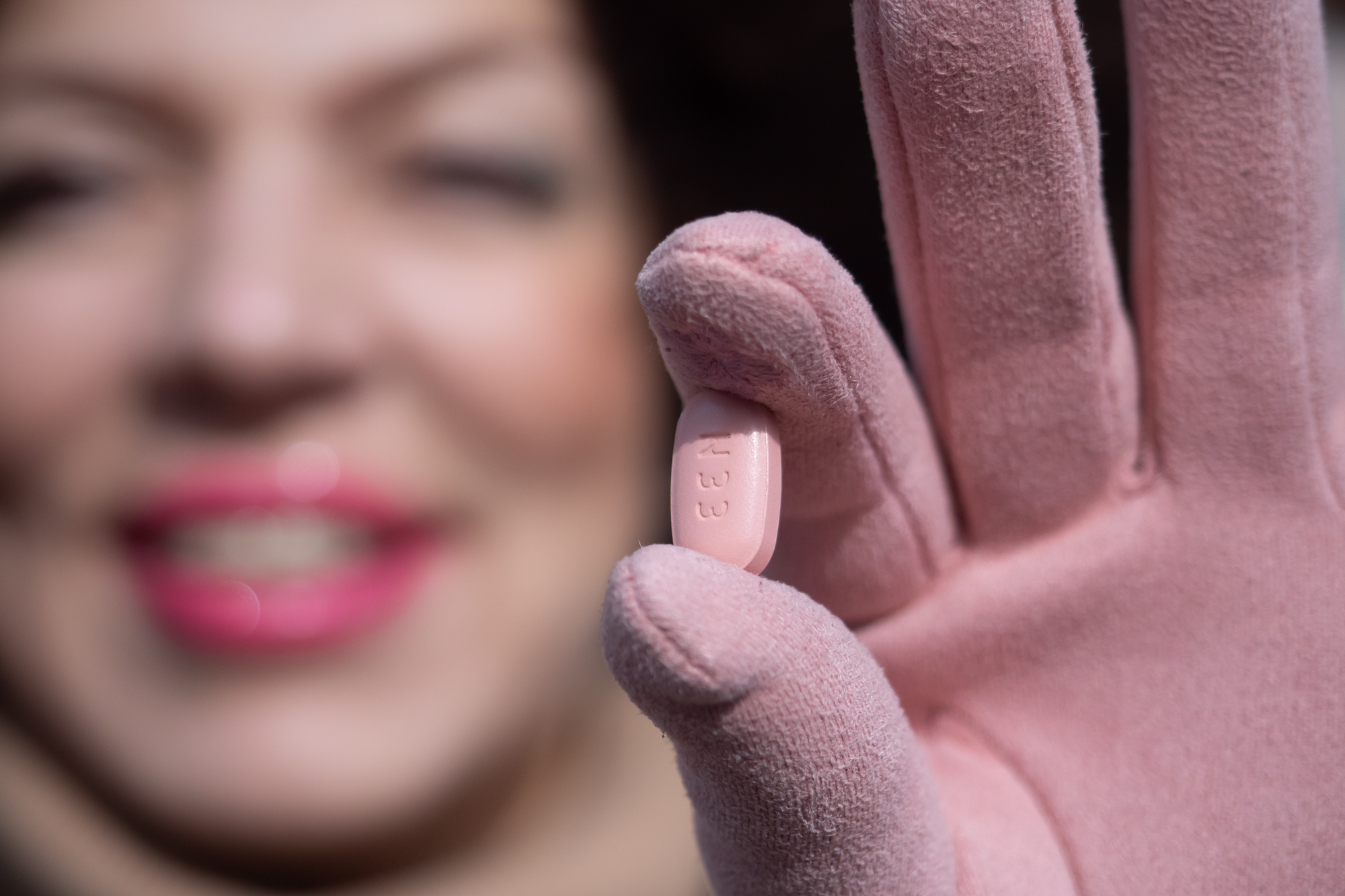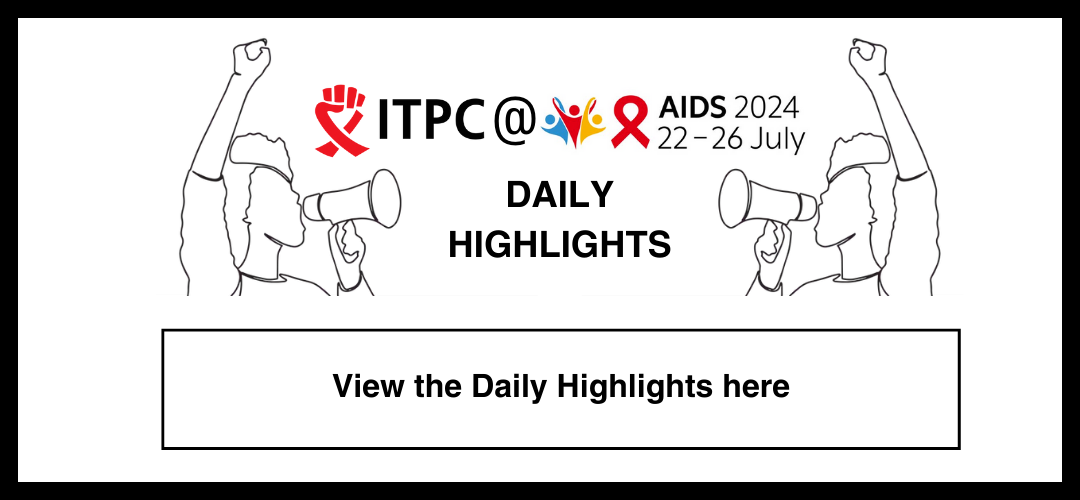The Make Medicines Affordable campaign is calling for a widespread switch from patented to generic HIV drugs so that at least 95% of those living with HIV globally would be able to receive treatment.
New research released today at the AIDS 2020 Virtual conference explores the grave impact of patent monopolies on access to lifesaving HIV drugs – and global spending.
Just four weeks of the current global sales of brand name HIV drugs ($2bn) could treat 95% of people living with HIV for a whole year.
Because of unfair patent monopolies, in 2020 only two countries have been able to achieve the treatment coverage required by UNAIDS to meet its 95-95-95 Fast Track Strategy – which could prevent 74,000 mother-to-child infections, 335,000 deaths and 594,000 new HIV infections worldwide each year.
Important new data has been released July 8 by a research team from the University of Liverpool, supported by the Make Medicines Affordable campaign. It highlights how extended patent monopolies are a barrier to globally inclusive HIV treatment – despite the availability of much cheaper generic drugs.
Make Medicines Affordable works to bring down the cost of antiretroviral drugs (ARVs) to enable access to treatment for people living in middle-income countries, which have a dual burden of high HIV prevalence and high drug prices. Patent monopolies in a number of countries have added to the 2019 $36.25bn ($700m per week) global spend on HIV drugs.
This new research reports that a widespread switch to generic drugs would make it possible to treat 95% of people living with HIV, which includes an additional 11 million people, for just $2bn per year. This is game-changing and life-saving!

